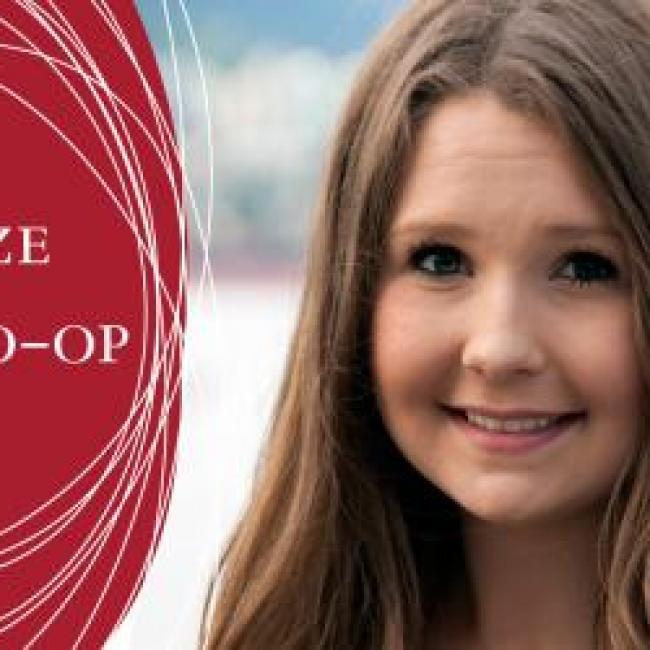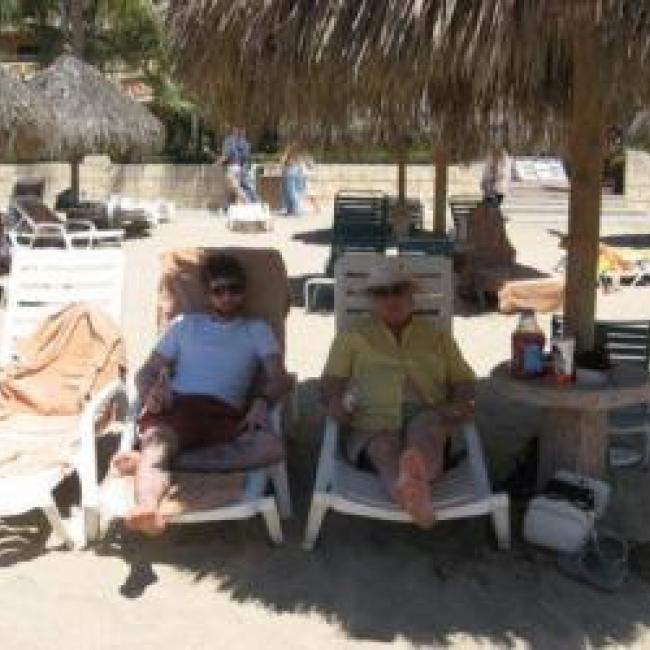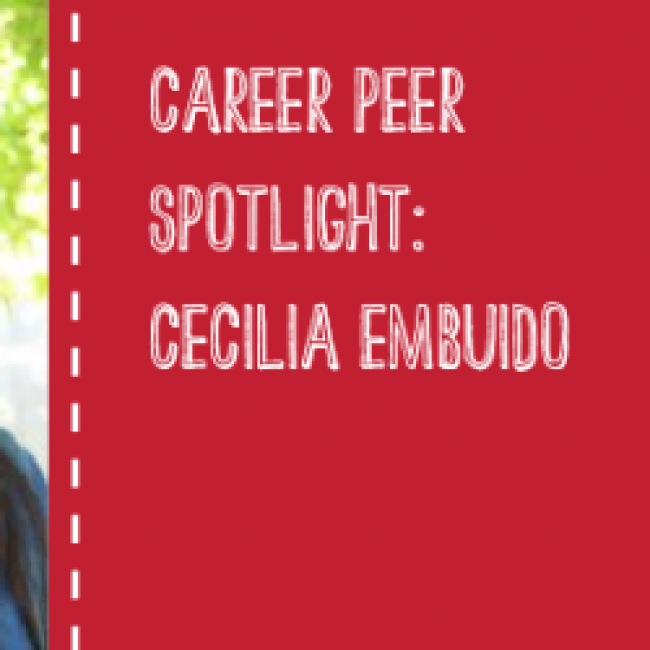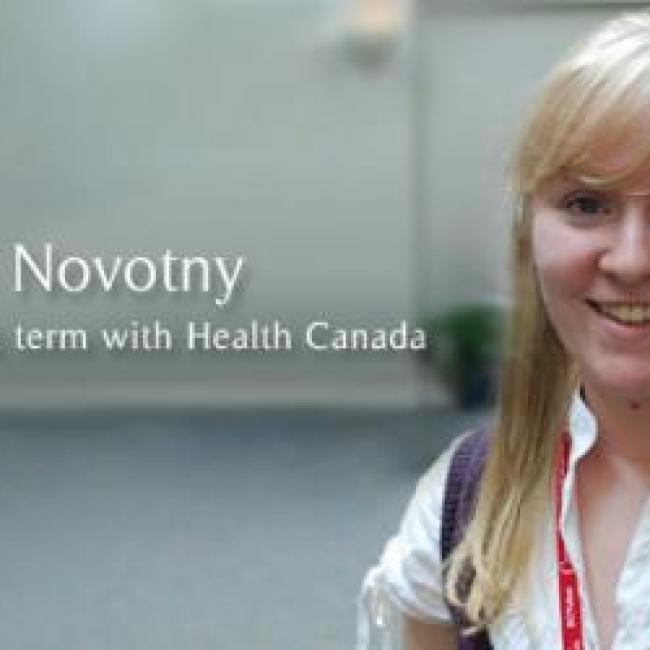
I’m from the prairies. I’ve always loved a big, open skyline and an endless horizon. Having moved to the west coast, one of the things I notice frequently is that the coastal mountains do a very effective job of blocking out the horizon and making the sky seem much smaller. As much as I love where I live, I often find myself longing for the freedom of those open prairie skies. It’s one of the first things I notice whenever I travel back home.
Conversely, my fiancée (who grew up on the coast) tells me that the mountains here give her a sort of sense of security. When we go back to Edmonton to visit, the flatter landscape and wide open spaces can make her feel sort of lost.
Last week’s post about the absurdity of the idea of time management saw me going off on a bit of a semantic rant (semantirant? serantic?). Probably because I’m not much of a planner or organizer (I’m a Myers-Briggs P), I have never really understood the value that many others ascribe to disciplined time management.
Sure, I have a schedule at work. I set aside chunks of time for advising, writing, workshops, and other things that require things to be done during specific times. But I also leave as much space open in my schedule as is reasonable, so that I can have the flexibility to work on whatever spontaneously comes up that week, that day, that hour. On the days when I don’t have this flexibility, when my schedule is planned down to the minute, I feel constricted and claustrophobic, like I sometimes do when I look at the mountains.
Yet, there are people out there that do plan their days in that much detail because it gives them a sense of security and certainty – without the structure that their carefully planned schedule provides, they don’t know what to do and feel lost. Too much sky.
Are you an open sky person, or a mountain person?
Last week’s article led to the idea of self-management, and that this is what we’re really referring to when we talk about managing our time. In other words, instead of trying to bring time under our heel, it’s our own selves that we long to master.
I tend to agree with that idea, in that it’s more feasible and more accurate to attempt to control oneself than an abstract construct such as time. Instead of suggesting a metaphysical impossibility, we’re really just talking about discipline.
I think this is probably the more constructive way of looking at what a lot of people would call time management. As already discussed, my two problems with “time management” are that ‘time’ is outside our control, and that ‘management’ is too business-y. Self management only gets us away from one of those problems.
Discipline escapes both problems, while also avoiding the whole planning/spontaneity divide. We can be self-disciplined in our actions to achieve strategic ends, and those actions can be spontaneously chosen just as they can be carefully planned. Discipline is inherently intentional, and in fact could not exist without intentionality. Additionally, discipline is a positive quality – it signifies the presence of something. Alternatively, phrases involving the word ‘management’ could imply negative qualities – that meaning focusing what’s absent instead of what’s present.
Lastly, discipline is a holistic, integrative idea. It is something that a person is, without separating that quality from the person. Self-management on the other hand is a divisive quality, suggesting an adversarial relationship between a person and their self, with the former being the manager and the later being that which must be managed.
So if we want to talk about getting things done, let’s discard these marginally useful terms like time management and self-management. Instead, let’s focus on being disciplined.






















